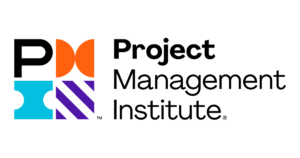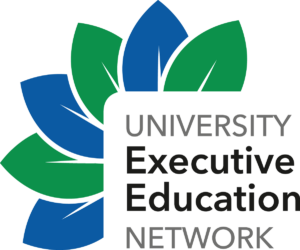Intermediate Agile Project Management
Building on the core concepts of Introduction to Agile Project Management, this second phase of our Agile programming focuses on the role of the Product Owner and the specific Scrum Artifacts and Events that are used to manage the development of a Product or Project.
You will develop a further understanding of how the Product Manager adds value to a project and the key events by learning about the Product/Project vision and roadmap. These core elements will allow us to revisit the events and artifacts from Introduction to Agile and allow to add depth to their application.
This course is made up of short lectures, group discussions, team exercises, enriched through the discussion of real work application of course concepts. You will experience Agile and see the core benefits of iteration and continuous improvement. Wherever possible, we learn-by-doing.
Course Content / What You Will Learn
- Agile Principles & Values: Continuing our exploration of Agile Principles and Values, we will revisit this critical foundation of Agile project management. Grounded in the experience we gained in Introduction to Agile Project Management, we will study the reasons why mastery of the Agile Principles and Values are essential to a successful implementation of Agile.
- The Role of the Product Owner: In Agile, the Product Owner plays a critical role in project success and acts as the voice of your customer. In this module we will explore the role and responsibilities of the Product Owner, why it is so important that Product Owners be empowered to make decisions on behalf of project stakeholders and why the Product Owner needs to be available to their team.
- Creating the Product Roadmap: How does a Scrum Team know what work will need to be completed to deliver a successful product? In Scrum, we rely on a Product Backlog that shows, at a functional level, all the work that needs to be done over time. In this module we will discuss who owns the Product Backlog, how items are added, and how they are prioritized.
- Managing the Product Roadmap: Agile and Scrum are iterative project management techniques that focus on continuous improvement. With this focus, Agile welcomes change. For this reason, a key activity in Agile is managing the Product Roadmap though an activity called backlog refinement. In this module we will learn how items are added to the Product Backlog and how each of the Scrum roles are involved in this refinement.
- Acceptance Criteria as a Product Owner: As we learned in Introduction to Project Management, Acceptance Criteria is used by the Team to know when a User Story is completed. With the introduction of our Product Manager, we will revisit Acceptance Criteria and we will review the role the Product Owner plays in validating Acceptance Criteria to ensure that we deliver value and avoid waste.
- Estimating using Planning Poker: In Introduction to Agile Project Management we learned to estimate by using relative story size. Agile has more sophisticated techniques. In this module we will continue our discussion of the benefits of story points vs. time and we will work in teams to use Planning Poker to estimate User Stories and assign these stories with points.
- Develop a Product Using Agile Events & Artifacts: Working in teams, you will have the opportunity to develop and execute a simulated product using Scrum techniques.
Who Attends
The Intermediate Agile Project Management course is ideal for those in any industry or sector who are working on project. You do not need a university degree to attend but prior completion of our Introduction to Agile Project Management course (or equivalent Agile training or experience) is required as a prerequisite. This course is ideal for:
- New managers and project managers
- Those undertaking unique projects
- Corporate department heads
- Property developers and realtors
- Senior executives with business planning responsibilities
- Systems, manufacturing and operations personnel
- Engineering professionals
- Technology and research managers
- Event managers
Fees and Cancellations
Course tuition for the Internediate Agile Project Management course includes:
- Course delivery, materials and certificate
$1254.75 ($1195 plus G.S.T.)
Team Savings:
- Save 10% per registrant with a group registration: 3 or more people from the same organization registering at the same time.
- Seating is limited so register today! Please fill out the online registration form and select 10% group discount as the payment option.
*Discounts cannot be combined with any other discount or special offer.
Cancellations
A full refund can be issued for written cancellations received a minimum of 21 days before the program start date. Cancellations received with less than 21 days notice will be refunded less a $200 administration fee.
Faculty
Robyn Ashton, MBA, MCPM, PMP, CSM, PMI-ACP

Robyn Ashton
Robyn has a Masters of Business Administration from Cornell Johnson Graduate School of Management and has undergraduate degrees from the University of Victoria and Royal Roads. Robyn has 15+ years of experience in information technology, digital marketing, financial services, and business services. Robyn is a passionate analytics translator bridging business requirements and data. He embraces innovation, change, and bringing closure to complex cross-functional projects. Robyn has focused his career on delivering value, empowering and engaging team culture, and creating impact beyond the business.
Project Management & Engineering Credits

Engineering Institute of Canada (EIC) Professional Development Hours (PDHs)

Attendees to this program are entitled to 14 Professional Development Hours (PDHs) verified by the Engineering Institute of Canada (EIC).





